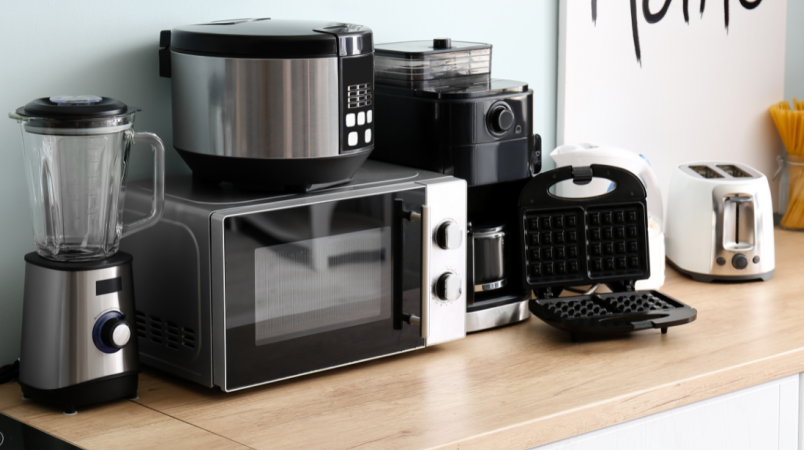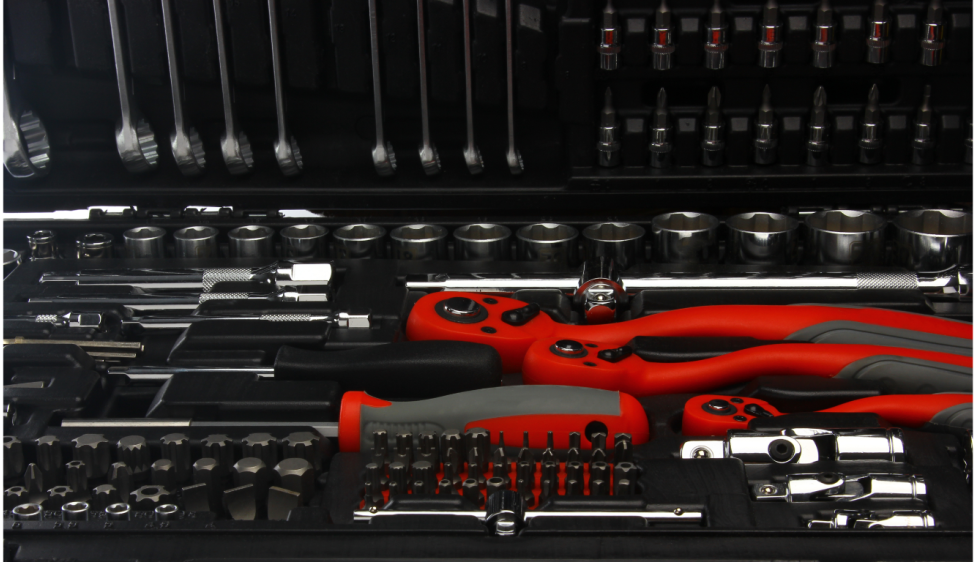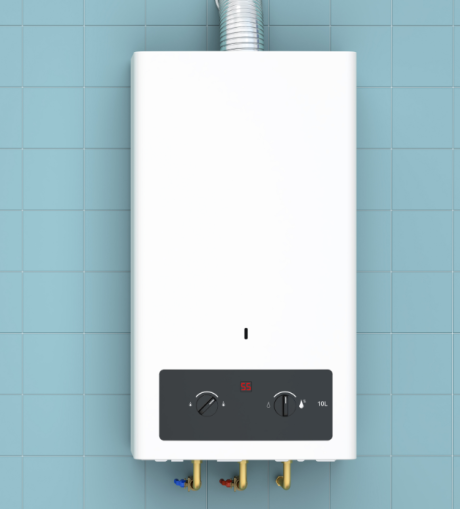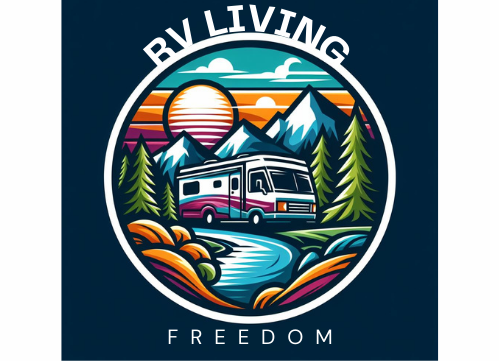If you live the RV lifestyle you know that hitting the open road brings freedom – but it also requires a bit of know-how, especially when it comes to RV appliance problems. That’s right, even the newest RVs aren’t immune to the occasional problems and that’s going to include troubles with your onboard appliances. These conveniences make your travel comfortable, and it’s crucial to keep them running smoothly.

So, what common issues might occur with your RV appliances? Well, you could face anything from a refrigerator that won’t cool to an air conditioner that’s – just blowing room-temperature air. Or perhaps your hot water heater decides to just not work, leaving you with cold showers. These problems are not just driving you crazy; they can put a damper on your road trip fun.
Now, this isn’t just about dealing with inconveniences; it’s also about safety and cost-effectiveness. Dealing with RV appliance problems sooner than later can prevent further damage and, in turn, more expensive repairs. Choosing to do-it-yourself repairs, when possible, saves on service fees and teaches you valuable skills. But how do you know when to fix the problem yourself or when to seek professional help? A good rule of thumb is if the repair requires specialized tools or knowledge beyond your comfort zone, then it might be time to call in the professionals.
You’re going to need a well-stocked toolkit and some trustworthy resources if you plan on handling RV appliance problems yourself. I’m here to help you understand which tools are essential and how to use available resources to your advantage. In my opinion, it’s critical to have, at a minimum, a basic toolkit, the owner’s manuals for your specific appliances, and access to online help or guides where you can find additional help.

Now that we’ve covered the importance of knowing your way around RV appliance problems and having the right tools at your disposal, now lets get ready to learn what is needed to be done to fix these problems. In the next section, you’ll find out about the top 10 RV appliances and getting some straightforward tips on how to address common issues that may occur – all while you’re out there on the road.
Top 10 RV Appliances and DIY Repair Tips
I’m going to let you in on some handy DIY tips for the most common RV appliances. This isn’t just about saving money; it’s also about the satisfaction of self-reliance on the open road. Let’s jump right in.
1. Refrigerator: If your RV refrigerator quits on you, make sure it’s getting power. Check the electrical connections and fuses. For absorption refrigerators, verify that they are level and the cooling unit isn’t blocked.
2. Air Conditioner: If your AC is less effective, it might need a simple filter clean to improve airflow. If it’s leaking refrigerant, though, you’ll need a pro. Don’t worry, cleaning filters is something you can absolutely do yourself.
3. Water Heater: A malfunctioning water heater can often be solved by flushing out mineral deposits. However, remember that dealing with the heating element can be dangerous if you’re not experienced.

4. Furnace: Regularly replace the furnace filter. If your pilot light won’t stay lit, it could be a faulty thermocouple. Trust me, this is often a quick fix once you access the pilot assembly.
5. Stovetop/Oven: When your burners won’t light, ensure there’s gas in the tanks and the valves are open. A common issue is a clogged burner, which is easily cleaned with a brush.
6. Microwave: When the microwave doesn’t power on, the problem is often a blown fuse. Replace it carefully by reading the manual, and ensure you disconnect the power first.
7. Toilet: Sticky valves or leaks in your RV toilet can usually be fixed by replacing the water valve or applying seal lubricant. It’s a dirty job, but someone’s got to do it! Be sure to wear a pair of gloves due to the fluids in the toilets.
8. Slide-out Mechanism: Grindings or stuttered movements might mean you need to realign your slides or clean out debris. It’s a simple task that can prevent further damage. This could be a major issue if not repaired correctly. NOTE: If your slide is stuck out you will not be able to travel down the road safely.
9. TV Antenna: No reception? Sometimes all you need to do is reposition your antenna. A broken connection might require a bit more effort, but it’s generally straightforward to fix.
10. Generator: Routine checks will keep your generator humming. Replace oil and filters as prescribed in your owner’s manual, and never ignore odd noises; they’re a sign something’s wrong.

Remember, while these tips can get you out of a bind, proper tools and some knowledge are vital. If you’re ever in doubt, professional help is the way to go to avoid costly mistakes.
Preventative Measures and Long-Term Care for RV Appliances
I’m going to level with you – the best defense against RV appliance problems is a good offense. That means taking preventative measures to ensure that your appliances aren’t just working, but working efficiently for the long haul. Putting together a regular maintenance schedule will keep your house on wheels in tip top shape and give a more enjoyable journey if you know that your RV is going to be safe.
When you invest in an RV, you’re also investing in the appliances that come with it. Knowing the ins and outs of your appliance warranties can save you a bundle. Not every issue requires a new part or a professional’s touch. Sometimes, it’s covered by your warranty, so make sure you know what’s included and keep those documents in a safe, accessible place.

But don’t freak out over the occasional issue —maintenance is an ongoing process, and you can always adjust your approach down the road. Just close your eyes take a few deep breathes and take on the problem one step at a time. If you try to rush you could not only cause more damage but also possibly get injured. Safety comes first.
Lastly, while choosing generic parts might be tempting for their lower cost, buy quality spare parts—preferably from the manufacturer. They might cost a bit more upfront, but they’re designed to work more efficiently with your specific appliances. And guess what? They often extend the lifespan of your appliances, meaning fewer repairs and more reliability as you travel down the open road in your house on wheels.
Note: Always consult a professional if your not familiar with what you are trying to repair. Some repairs can be dangerous if not fixed correctly.
